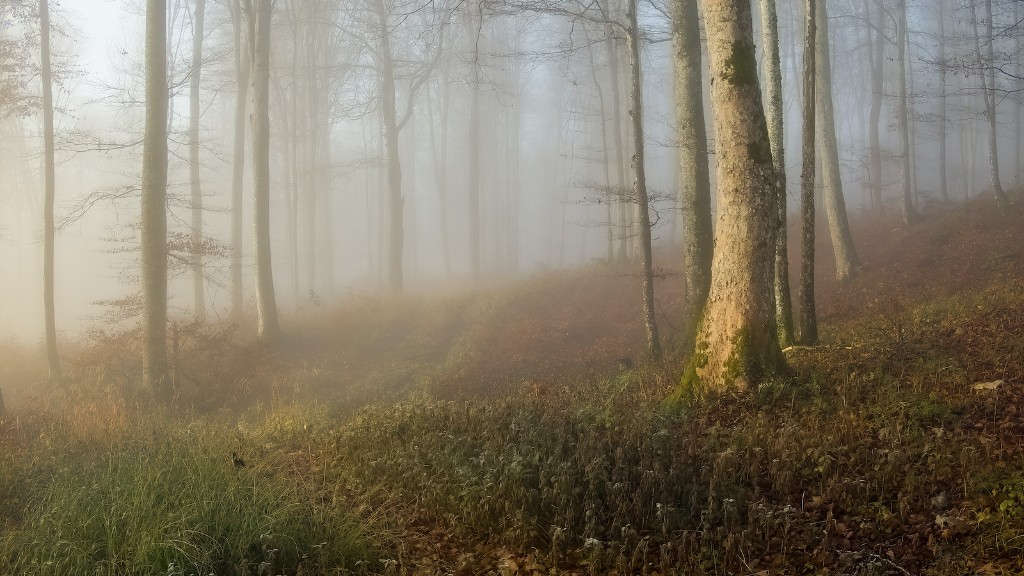Amazon Rainforest: A Natural Wonder
The Amazon rainforest is the largest tropical rainforest in the world, covering an area of approximately 5.5 million square kilometers. It is often referred to as the “Lungs of the Earth,” as it produces more than 20% of the world’s oxygen. This biodiverse region spans across nine South American countries, including Brazil, Peru, Colombia, Venezuela, Ecuador, Bolivia, Guyana, Suriname, and French Guiana.
The Amazon rainforest is known for its incredible biodiversity, with an estimated 40,000 plant species, 1,300 bird species, 3,000 types of fish, and millions of insect species. It is home to iconic animals like jaguars, sloths, and pink dolphins. The indigenous communities residing in the Amazon have a deep connection to the forest and rely on its resources for their livelihoods. From medicinal plants to sustainable hunting, these communities have developed sustainable practices that have been passed down through generations.
The Amazon rainforest plays a crucial role in regulating the Earth’s climate. Its dense vegetation absorbs large amounts of carbon dioxide, helping to mitigate climate change. Deforestation in the Amazon has serious consequences, as it releases stored carbon dioxide, contributing to greenhouse gas emissions. Additionally, the destruction of the rainforest disrupts local weather patterns and can lead to droughts, floods, and loss of habitat for countless species.
According to experts, the Amazon rainforest is facing increasing threats from illegal logging, mining, agriculture, and infrastructure projects. Deforestation rates have been alarmingly high in recent years, with millions of hectares cleared for industrial activities. Indigenous communities and environmental organizations have been working tirelessly to protect the Amazon, advocating for sustainable development and land rights. International cooperation and support are crucial to address these challenges and preserve this vital ecosystem.
Importance of the Amazon Rainforest
The Amazon rainforest is not only significant for its environmental contributions but also plays a crucial role in the global economy. The region is rich in natural resources, including timber, oil, and minerals. It also attracts millions of tourists every year, generating revenue for local economies. However, sustainable management of these resources is essential to ensure long-term benefits and prevent irreversible damage to the ecosystem.
Unique Ecosystem and Indigenous Cultures
The Amazon rainforest is a unique ecosystem that supports an intricate web of life. Its diverse range of plant and animal species contribute to the overall health and balance of the region. Moreover, the indigenous cultures living in the Amazon possess profound knowledge about the forest and its resources. Their traditional practices and wisdom are invaluable for the sustainable management and conservation of the rainforest.
The Role of International Collaboration
The preservation of the Amazon rainforest requires international collaboration and collective efforts. Governments, NGOs, and individuals must work together to develop sustainable solutions, support local communities, and enforce regulations against illegal activities. Investing in education and raising awareness about the importance of the Amazon will also play a crucial role in securing its future.
The Future of the Amazon Rainforest
The future of the Amazon rainforest is at a critical juncture. Bold actions need to be taken to halt deforestation and ensure the sustainable development of the region. By promoting responsible tourism, supporting sustainable farming practices, and empowering local communities, we can help protect the Amazon and secure its existence for generations to come.


